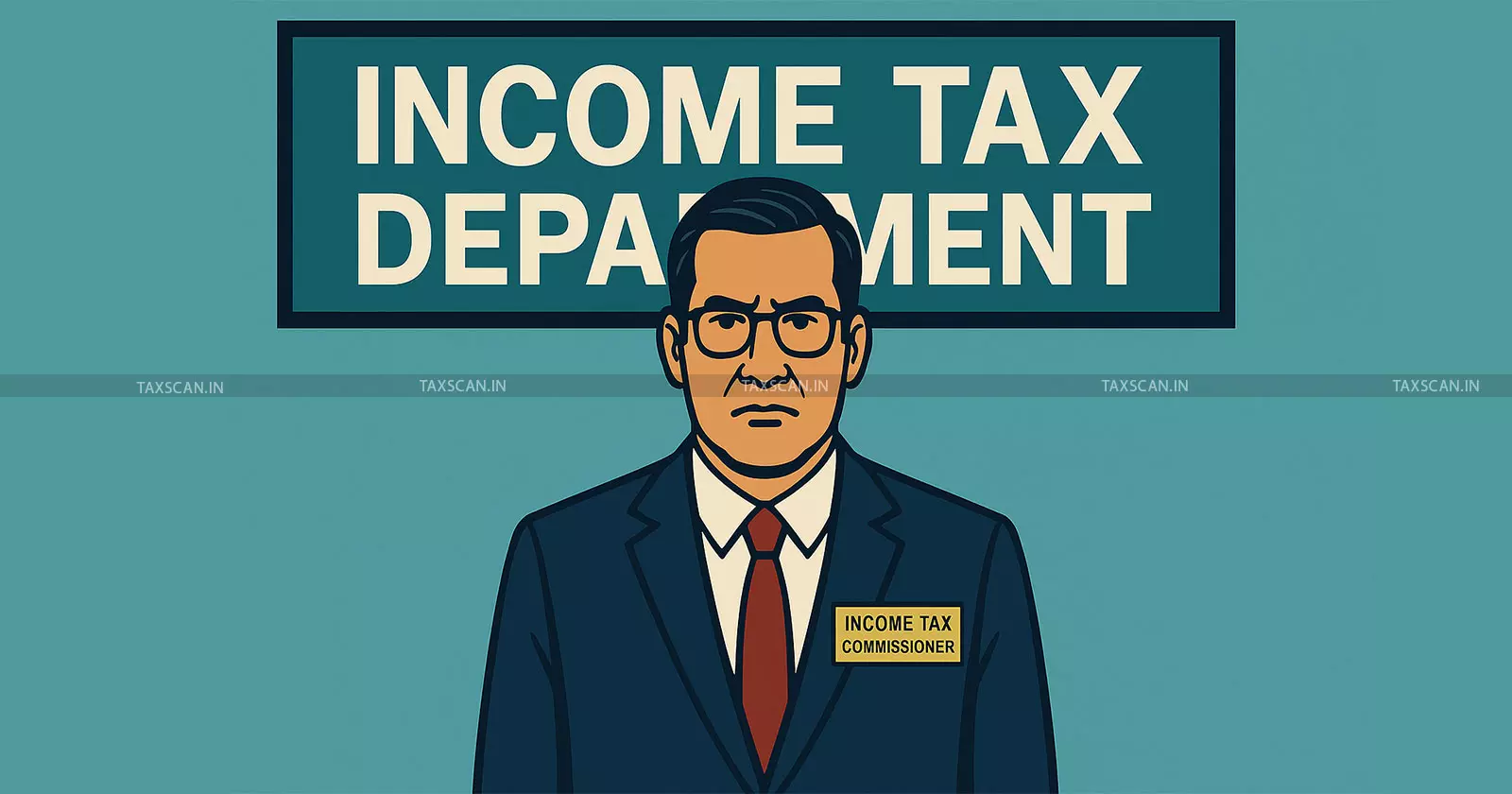Income Tax Commissioner Empowers to rectify Obvious Errors: Know more on New CBDT rules
The Income Tax Act of 1961's Section 154, which permits tax officials to fix errors that are obvious on the face of the record, is expanded upon in the revised rules

The Central Board of Direct Taxes ( CBDT ) has released new regulations that clarify and strengthen the authority of Income Tax Commissioners to correct "obvious errors" in assessment and other decisions, a major step toward lowering litigation and offering prompt relief to taxpayers.
The Income Tax Act of 1961's Section 154, which permits tax officials to fix errors that are obvious on the face of the record, is expanded upon in the revised rules. For years, even for minor clerical or mathematical errors, taxpayers frequently had to go through a drawn-out and difficult appeals procedure.
By giving Commissioners the authority to take decisive action on such issues, the CBDT's most recent communication aims to alter this perception.
What Constitutes an 'Obvious Error'?
Both taxpayers and tax authorities now have clarity thanks to the CBDT's more precise approach for determining what constitutes an evident error. Among them are:
- Clerical errors are clearly unintentional typos in names, PAN numbers, or other factual information. Inaccurate computation of total income, tax obligation, deductions, or refunds are examples of mathematical errors.
- Contradictory Orders: Circumstances in which distinct elements of the same order directly contradict one another.
- Errors in Law Application: When the proper legal position is clear, a particular law may be misapplied, such as when a penalty clause is applied inappropriately or an out-of-date tax rate is used.
- Errors resulting from a later ruling by a higher court or tribunal that directly affects the order issued are known as post-decision legal changes.
A Step Toward Efficiency and Taxpayer Relief
The action has been widely applauded by tax experts, who see it as a positive step toward reducing the burden of compliance.
"This is a much-needed clarification," said Delhi-based chartered accountant Ramesh Iyer. In the past, a taxpayer could have to submit an appeal with the Commissioner of Income Tax (Appeals) for even a straightforward addition error, which could take years. These regulations enable the assessing officer to promptly fix their own errors, which is equitable and saves the department and the taxpayer valuable time and money."
De-clogging the appellate system is the main goal. The Income Tax Appellate Tribunals (ITAT) and other courts can concentrate on more complicated and significant legal challenges by resolving small, undeniable errors at the initial stage. This is in line with the government's overarching goal of creating a non-adversarial tax climate and enhancing the "ease of doing business."
How Can a Taxpayer Avail This Remedy?
A taxpayer may now submit a rectification application under Section 154 if they discover an apparent error in their assessment order, notification, or any other correspondence from the Income Tax Department.
1. Submit an Application: The jurisdictional Income Tax Commissioner who issued the initial order must receive the application.
2. Identify the Error: The application must explicitly identify the error and offer proof to back up the assertion.
3. Time Limit: The application must normally be submitted within a reasonable amount of time, usually six months from the date of the order. However, if the Commissioner is certain that there is a real error, they may consider petitions submitted after this time.
Commissioners have been instructed by the CBDT to quickly and carefully consider such applications. This power is not absolute, even though it offers a quicker path to correction. Taxpayers have the right to file an appeal with the relevant appellate body if they are unhappy with the Commissioner's ruling regarding the rectification application.
The tax department's culture is expected to change as a result of the new regulations, urging officers to be more responsive and concentrated on providing real justice rather than becoming mired in procedural details. It converts into a quicker, easier, and less combative way for the taxpayer to make sure their tax affairs are in order.
Support our journalism by subscribing to Taxscan premium. Follow us on Telegram for quick updates


